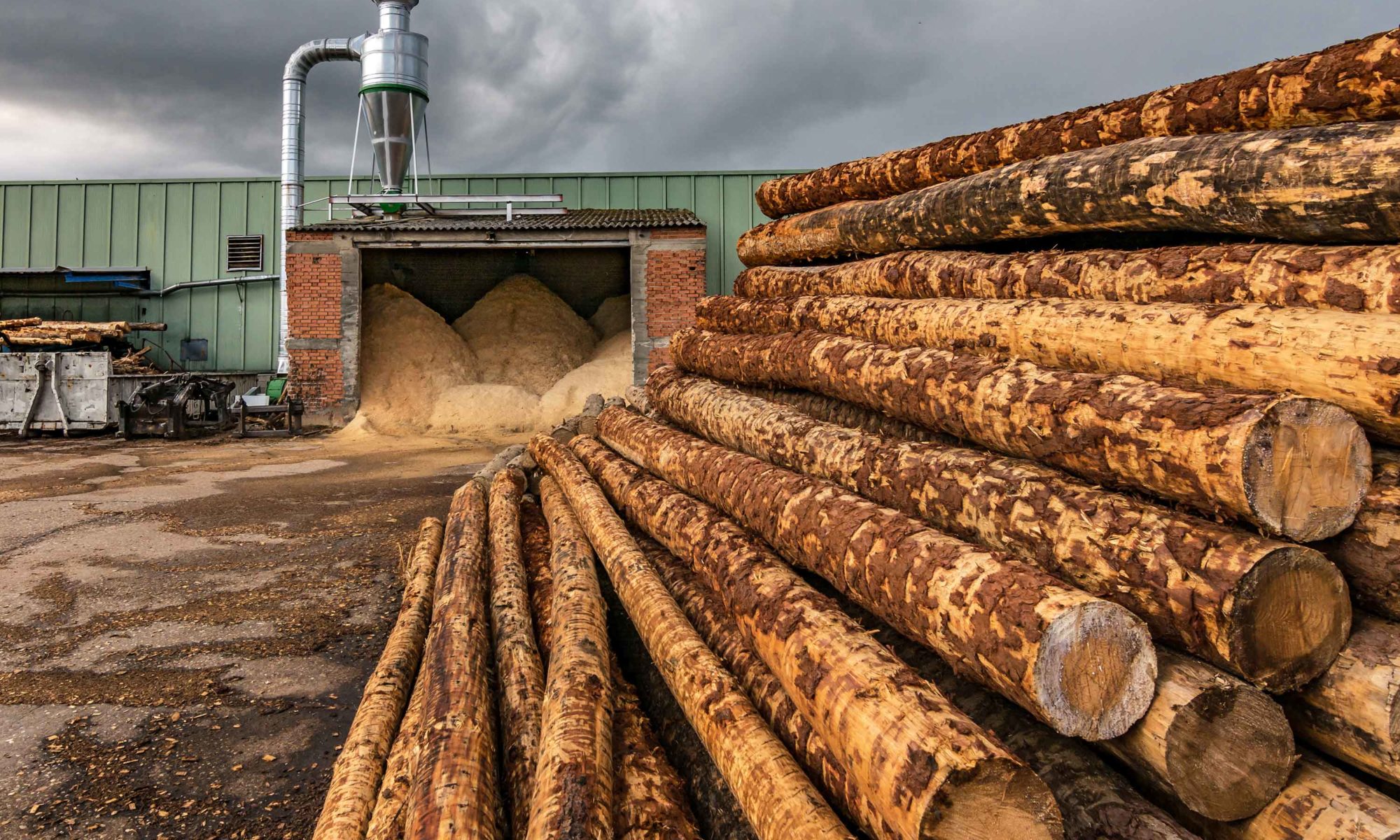In the first instance this concerns the purchase of one factory, an order of € 25 million, but the customer has already indicated that he wants three more, bringing the total order to € 100 million. The prefab factories are built in the Netherlands, but assembled on site in Finland. The construction of one factory in Scandinavia is good for 100 full-time jobs in the Netherlands.
The project is being carried out from Zoetermeer, where the head office of the listed TechnipFMC is located. The technology, originally developed by the University of Twente, is supplied by the Enschede-based company BTG-BTL. Companion Zeton is responsible for manufacturing the core unit for the factory.
CO2 saving
The factories use pyrolysis technology from BTG-BTL, a successful spin-off from the University of Twente. The technology has been developed with financial support from the Top Sector Program of the Ministry of Economic Affairs and is already being successfully applied at the factory Empyro in Hengelo. Here, oil is made from wood residues for the energy supply of the FrieslandCampina factory in Borculo, in the Dutch region Achterhoek. The CO2 savings achieved there are 24,000 tonnes per year. 10 Million m3 of natural gas is also saved annually. This corresponds to the annual consumption of around 8,000 households.
Green Fuel Nordic Oy in Finland will produce 20 million liters of oil per year. This oil will be used by various factories in Finland and the Netherlands. The pyrolysis plant will be located next to a sawmill in Lieksa, about a six-hour drive north of Helsinki. The residual waste from the sawmill (the sawdust) is used as raw material. The steam produced during the process is used sustainably in its own process. The expected opening of the pyrolysis plant is in 2020.
Oil from biomass
With pyrolysis, raw materials, such as sawdust or roadside grass, are heated without oxygen to around 500 degrees Celsius, creating crude bio-oil. While nature would need several million years to make oil, this technique only takes a few seconds.
The oil produced can be processed in a variety of ways, including in the industry for the replacement of natural gas or fuel oil, but after processing it can also be used as a transport fuel in cars, airplanes and ships. Because residual waste is used, no extra trees have to be felled or agricultural land has to be sacrificed for the cultivation of the raw materials.
Non fossil, non food
The technology for the production of pyrolysis oil from residual waste was invented more than 25 years ago at the University of Twente. BTG took over development and upscaling in 1993. Fifteen years later, in 2008, BTG BioLiquids (BTG-BTL) was established which, together with TechnipFMC, focuses on the rollout of technology. Supported by the European FP7 program, the first plant, Empyro, was opened in Hengelo in 2015 on the Nouryon site – formerly AkzoNobel. This factory was taken over by Twence in December 2018 and has been running independently since then. In 2019, BTG-BTL and TechnipFMC received the first international contract for a factory in Lieksa, Finland, which runs on the Non Fossil, Non Food principle.
Increasing demand
Gerhard Muggen, managing director at BTG-BTL, foresees a large increase in demand for pyrolysis oil. ‘In recent years, a sort of race has taken place between different types of advanced biofuels. Pyrolysis oil has emerged here as one of the most attractive routes. I expect that more orders from other countries will follow shortly and that large oil companies will also be among them.’
Minister Eric Wiebes of Economic Affairs and Climate responds positively to the announced cooperation: ‘This contract shows that energy transition generates a lot of employment for both the people in Lieksa and Enschede. Furthermore, this agreement is another important step towards a more sustainable refinery sector. I encourage companies to increase the share of reusable raw materials in their energy consumption. That is why the Top Consortium for Knowledge and Innovation BioBased Economy (TKI-BBE), part of the Top Sector Energy, is involved in the preparation and implementation of this technology. The collaboration between TechnipFMC, BTG-BTL and Green Fuel Nordic Oy will ensure that this promising technology will be further developed on an international scale.’
Timo Saarelainen, CEO of Green Fuel Nordic is convinced that pyrolysis will become an important route in the biobased transition of the economy: ‘This factory proves it. It is the first in a series of investments in future factories.’



